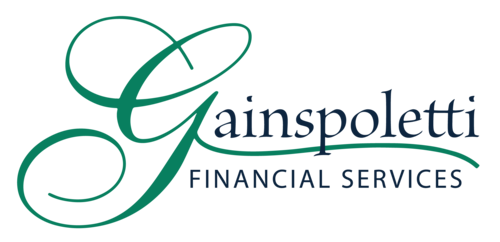Do you have any retirement plans? With so much information available online, it can be difficult to know where to begin. To ensure a happy future, you must, nevertheless, optimize your pension. In this article, we’ll explore expert wealth management insights to help you make the most of your pension.
Increase your IRA and employer-sponsored plan contributions
Increasing your contributions is one of the best strategies for pension optimization. Consider putting the maximum amount allowed by law to your individual retirement account (IRA). This will enable you to save more for retirement and optimize your tax benefits.
If you have an employer-sponsored retirement plan such as a 401(k) or 403(b), make sure you are contributing enough to receive the full employer match. This is essentially free money that you don’t want to miss out on.
Additionally, consider increasing your contributions gradually over time. Even a small increase can add up significantly over the years.
Commit to your objectives
The long-term goal of saving for retirement must be maintained. Even if you have to make some compromises today, you won’t regret it in the long run..
Create a budget that allows you to save consistently. This will help you avoid overspending and ensure you are contributing enough to your pension.
It’s also important to keep your goals in mind. Visualize the retirement you want to have and create a plan to make it happen. This will help you stay motivated and on track.
Get rid of under-performing investment funds
Not all investment funds are created equal. It could be time to get rid of investments that continuously perform poorly.
Find out how your investments have performed and evaluate them against similar ones.If they consistently underperform, consider selling them and investing in funds that do better.
It’s also important to regularly review your investment portfolio and make any necessary adjustments. This will help ensure that your investments are aligned with your goals and risk tolerance.
Do not access your retirement funds.
It can be tempting to use your retirement funds as a source of emergency funds or unforeseen needs. The effects on your future, though, could be severe.This is because when you withdraw money from your retirement savings, you not only lose the potential earnings on that money, but you may also have to pay taxes and penalties.
To avoid this, create an emergency fund that you can tap into for unexpected expenses. This will help you avoid dipping into your retirement savings and keep you on track for a comfortable retirement.
Work with a financial advisor
Consider talking to a financial advisor who can help you optimize your pension and create a comprehensive retirement plan.
A financial advisor can help you identify your goals, assess your risk tolerance, and create a plan to achieve the retirement you want. They can also help you navigate complex financial decisions and ensure that your investments are aligned with your goals.
At Gainspoletti Financial Services, we provide comprehensive financial planning to bring your vision into sharper focus so you can enjoy the lifestyle you want and deserve.
Contact us to work with our financial advisors and take the worry out of planning for your future!
Any opinions are those of Gainspoletti Financial Services and not necessarily those of Raymond James. Expressions of opinion are as of this date and are subject to change without notice. There is no guarantee that these statements, opinions, or forecasts provided herein will prove to be correct. Investing involves risk and you may incur a profit or loss regardless of strategy selected, including asset allocation and diversification. Past performance is not indicative of future results.
Matching contributions from your employer may be subject to a vesting schedule. Please consult with your financial advisor for more information.
Contributions to a traditional IRA may be tax-deductible depending on the taxpayer’s income, tax-filing status, and other factors. Withdrawal of pre-tax contributions and/or earnings will be subject to ordinary income tax and, if taken prior to age 59 1/2, may be subject to a 10% federal tax penalty.
Unless certain criteria are met, Roth IRA owners must be 59½ or older and have held the IRA for five years before tax-free withdrawals are permitted. Additionally, each converted amount may be subject to its own five-year holding period. Converting a traditional IRA into a Roth IRA has tax implications. Investors should consult a tax advisor before deciding to do a conversion.

